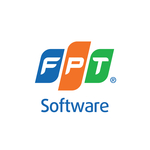EC Seeks Input on Simplifying Cross-Border VAT Payments (Sept. 28, 2015)
With European Union law now requiring merchants to tax digital goods based on which country the buyer is located in—instead of where the seller is located—the European Commission (EC) is canvassing interested parties for feedback on the system of reconciling and paying taxes to national governments.

































































